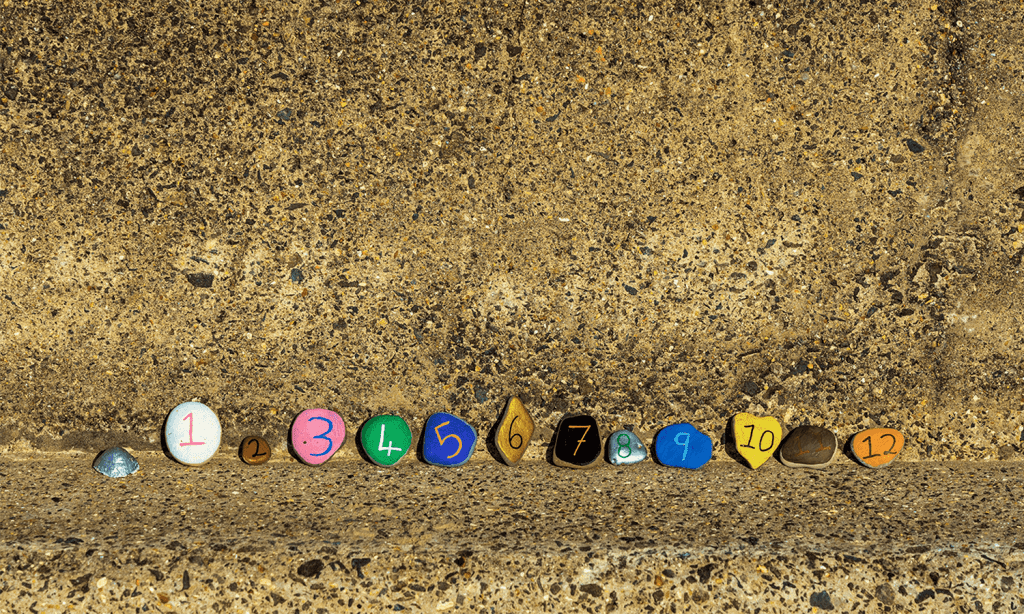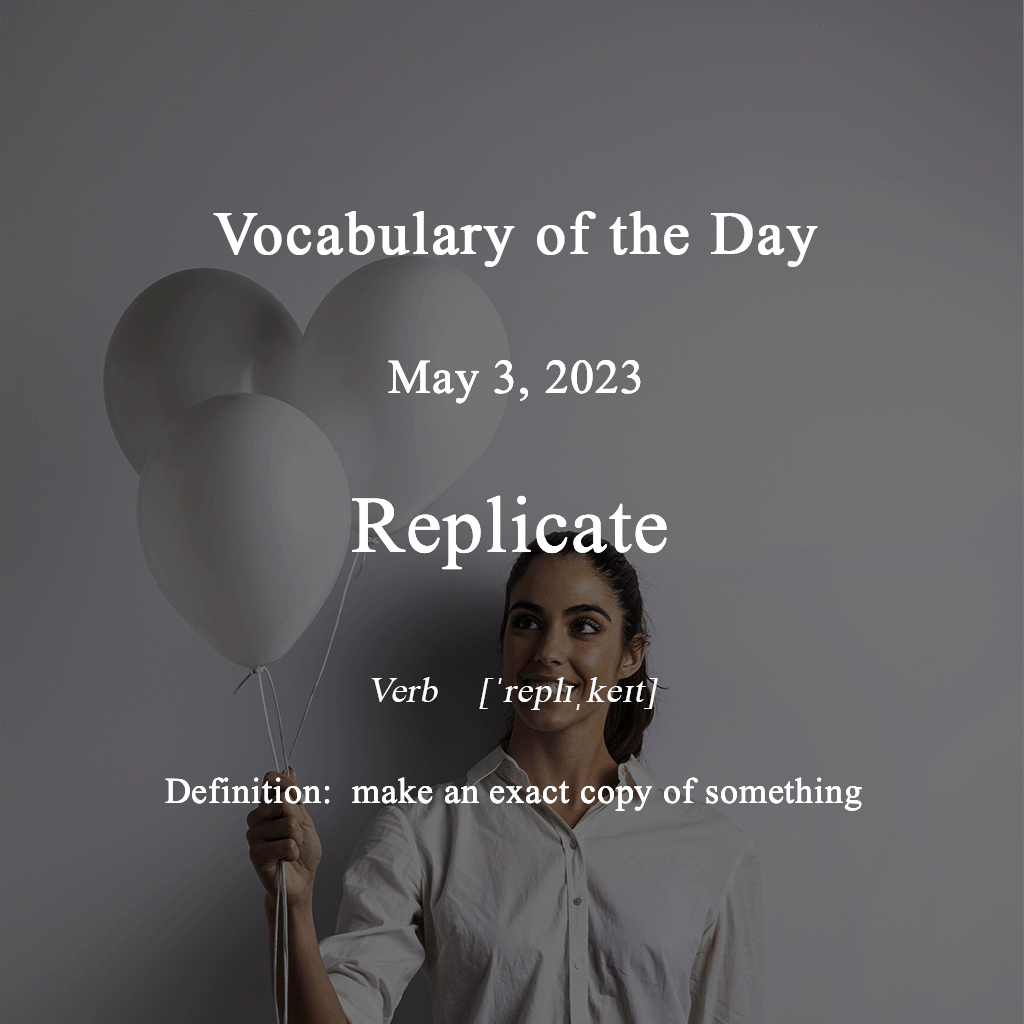
-
发音: [ˈsikwəns]
-
例句:
- To sequence something means to place something in order, or determine the order of something.
- Extracting and sequencing the DNA from the soil wasn’t easy – it took the team years to work out the best technique to use.
- The researchers managed to sequence an entire genome of the pathogen from a young woman who died in Munich at an unknown time in 1918.
- Some experts dispute that, claiming the country’s limited ability to sequence coronavirus cases is distorting reality and that a new stay-at-home order is necessary.
- Scientists have sequenced and studied thousands of human and microbial genomes, but the complete deciphering of the DNA of other multicellular organisms has lagged.
-
解释:
- Sequence这个单词在这里为动词,其表示“to arrange/place something in order”这一含义,即“按顺序排列/测定(整套基因或分子成分的)序列”,与array/sort/order这些单词构成近义词。
- 具体使用场景如下:
- Scientists have already developed the technology to sequence viral genetic material.(科学家们已经开发出对病毒遗传物质进行测序的技术。)
—Science - The United Kingdom today announced plans to sequence the genomes of 100,000 newborns for about 200 rare genetic diseases starting next year.(英国今天宣布计划从明年开始对大约200种罕见遗传病的10万名新生儿的基因组进行测序。)
—News - His persistence in developing tools to extract, sequence and interpret ancient DNA enabled sequencing the genomes of Neanderthals, Denisovans and early modern humans who lived over 45,000 years ago.(他坚持开发提取,测序和解释古代DNA的工具,使尼安德特人,丹尼索瓦人和生活在45,000多年前的早期现代人的基因组测序成为可能。)
—Technology



